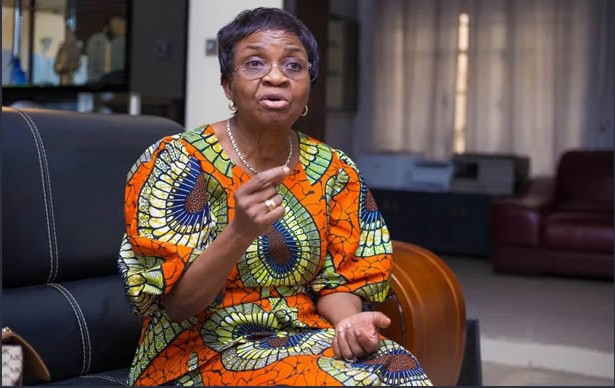The National Agency for Food and Drug Administration and Control (NAFDAC) has once again made its position clear regarding the controversial ban on sachet alcoholic drinks across the country.
On Monday in Abuja, Kenneth Azikiwe, the Director of the Federal Capital Territory (FCT) office of NAFDAC, stated that although there is currently a temporary lift on the ban, it will remain in effect only until the end of 2025. This clarification comes amid widespread confusion and speculation following an earlier government decision that some had interpreted as a complete removal of the ban.
“There is a ministerial lifting on the ban of sachet alcohol, but it is only temporary and will be reviewed by Dec. 31, 2025. After this date, the full enforcement of the ban will commence,” Azikiwe said.
He went on to explain that the temporary lifting is meant to give producers and regulators enough time to work together and set up a well-organized system for the final phase-out. This delay, he noted, is not an end to the policy but a pause to better manage the process.
According to Azikiwe, public education efforts are underway across all states to ensure Nigerians understand the reason behind the ban and the long-term plan. He said distributors had been informed of their role in this initiative and reminded them that sales of alcohol to anyone under 18 remain illegal.
“We have sensitised distributors, and we’ve emphasised that alcohol should not be sold to individuals under the age of 18, which is also clearly indicated on product labels,” he added.
He also acknowledged the role of industry stakeholders like the Distillers and Beverages Association of Nigeria (DIBAN) in backing NAFDAC’s awareness campaigns. Their cooperation, he said, is vital to reaching communities and making sure that citizens comply with the upcoming changes.
The sachet alcohol products in question typically come in quantities less than 200 millilitres. These small packages are often sold cheaply and are easily accessible, especially to young people. Health and safety concerns have driven the government’s push to remove them from the market.
Azikiwe further noted that after December 31, 2025, these small-sized alcoholic beverages will no longer be allowed, and enforcement will be strict across the country.
In closing, NAFDAC urged the public not to rely on misinformation suggesting that the government had reversed the policy. The agency assured citizens that all actions are being taken to safeguard public health and reduce alcohol misuse, especially among youth.










